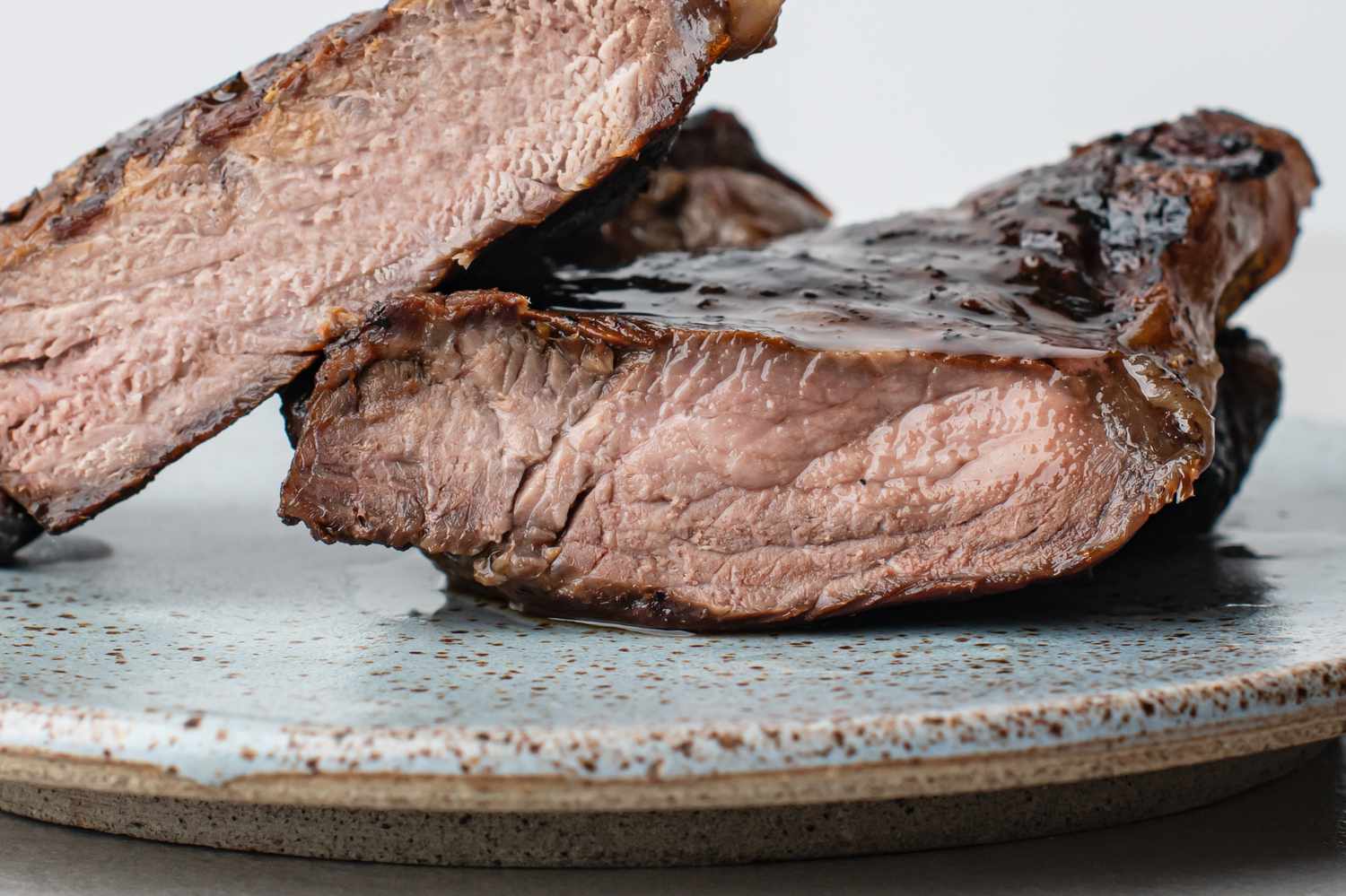
When it comes to the purchase of beef at wagyu shop, customers have access to a variety of various alternatives to choose from. Wagyu is not just a unique cut of beef like the chuck, sirloin, or round; it is a whole new portion of the cow. Chuck, sirloin, and round are all examples of different cuts of beef. The meat originates from another breed of cow, indigenous to Japan.
The buttery, umami taste of a wagyu steak may be attributed, in part, to the unusual combination of fatty acids in wagyu cattle. These monounsaturated fatty acids include necessary amino acids and many other fatty acids, such as omega-3 and omega-6. These fatty acids have been linked to a lower chance of developing significant diseases such as cancer, Alzheimer’s, and cardiovascular disease. In addition, wagyu beef contains a higher percentage of conjugated linoleic acid (CLA), which, according to the findings of specific studies, may help reduce the likelihood of developing diabetes and other diseases.
The 4 breeds are the Japanese Black, the Japanese Brown, the Japanese Polled, and the Japanese Shorthorn, which produces wagyu beef. Because of good genetics and unique growing conditions, these breeds can have beef with a much higher ratio of monounsaturated to saturated fat. This results in more tender, marbled meat and vibrant and exquisite flavour.
The luscious cut of beef that, when you consume melts in your mouth
Cooking extraordinarily high-quality Wagyu was the last thing on anyone’s mind when they had it in their possession. Keeping the centre section in its natural, unprocessed condition is essential. However, it would still have a juicy consistency whether it was cooked medium or medium well.
Customers who choose based on restaurant menus sometimes misunderstand the distinction between Kobe and Wagyu beef. Kobe is just an area in Japan that is well-known for the quality of its agricultural products, in the same way as Champagne and Parma are both regions in France and Italy, respectively. If you get a whole Kobe steak at a price much lower than Rs 13,000, then it is quite probable that you are not getting the best bargain available.



